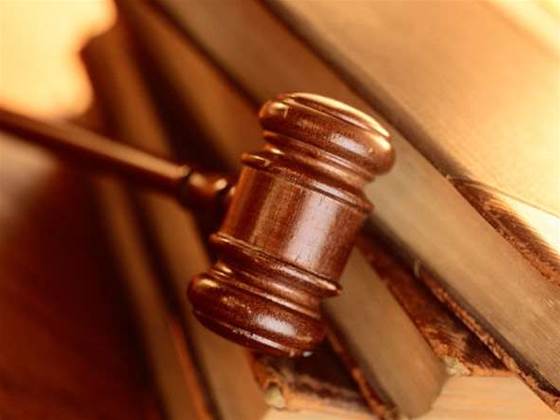
Wannabe inventors will be anxious to learn from US Patent and Trademark Office (USPTO) officials what the ruling in the case of KSR International versus Teleflex means to the future granting of patent applications.
In this case, the Supreme Court decided that equipping a car accelerator with electronic sensors was not sufficiently "non-obvious" and novel enough to warrant a patent.
In recent years the USPTO has become slack in enforcing the non-obvious criteria, and the number of patent applications worldwide has risen quickly, topping 400,000 a year in the US in 2005.
This has created a backlog of applications awaiting approval, a burgeoning industry in patent licensing and a growing number of so-called 'patent trolls' - firms and their lawyers whose business model is based largely on suing other companies for dubious patent violations.
Most criticised by genuine innovators, economic commentators and even lawyers, has been the trend for business-process patents which embody obvious methods, such as financial settlement processes, in software.
The number of these has mushroomed as e-commerce has blossomed rapidly over the past five years.
A US patent grants exclusive rights to use for 20 years. The Supreme Court ruling effectively calls for more rigorous criteria for the granting of patents.
However, economic commentators believe that with so much money invested by the US industrial and legal sectors in acquiring, enforcing and licensing patents, the 'patent wars' witnessed in the courts over the last decade are likely to continue for many years.




_(28).jpg&h=140&w=231&c=1&s=0)





 iTnews Executive Retreat - Security Leaders Edition
iTnews Executive Retreat - Security Leaders Edition
 iTnews Cloud Covered Breakfast Summit
iTnews Cloud Covered Breakfast Summit
 The 2026 iAwards
The 2026 iAwards












_(1).jpg&h=140&w=231&c=1&s=0)



